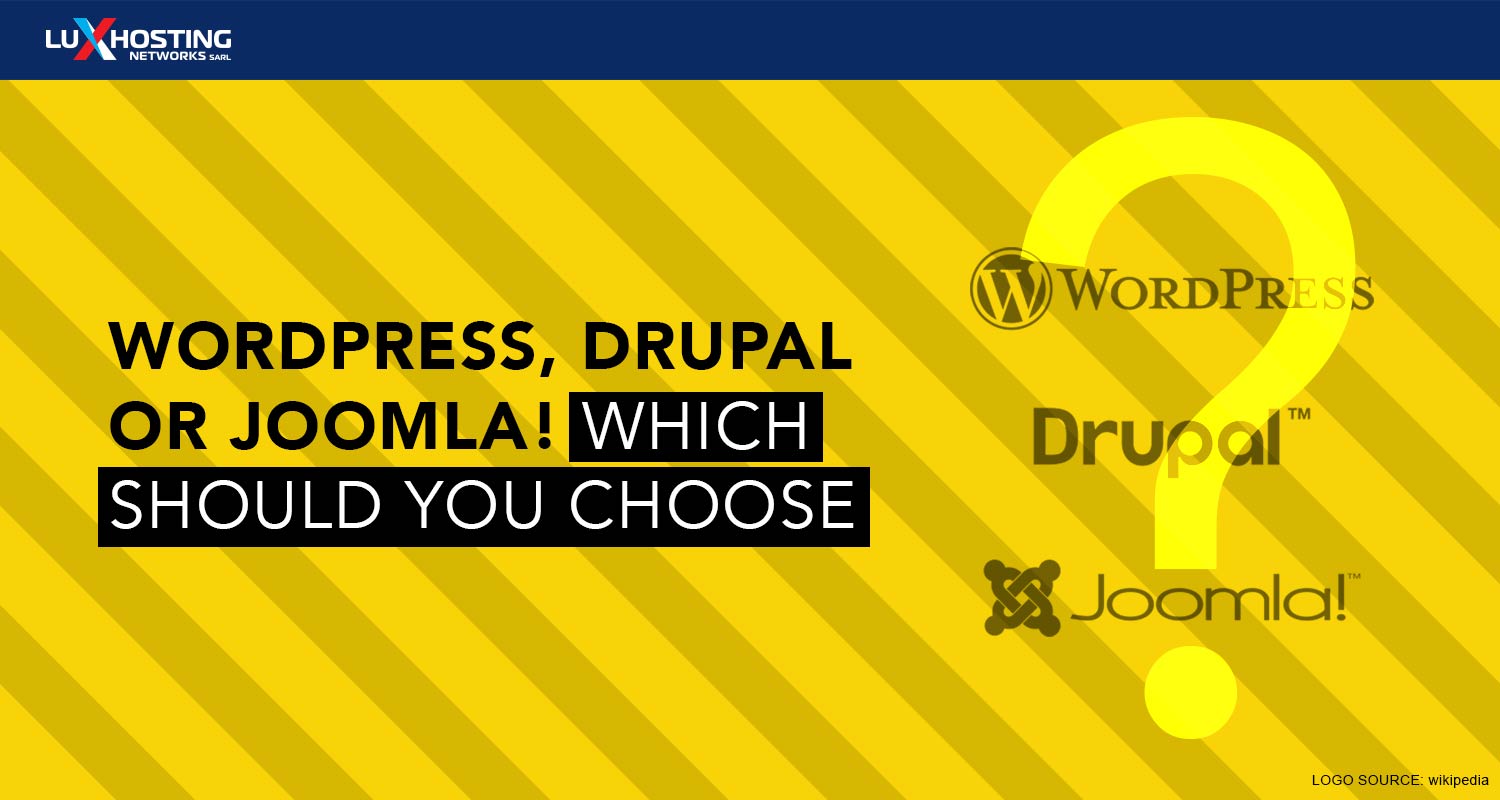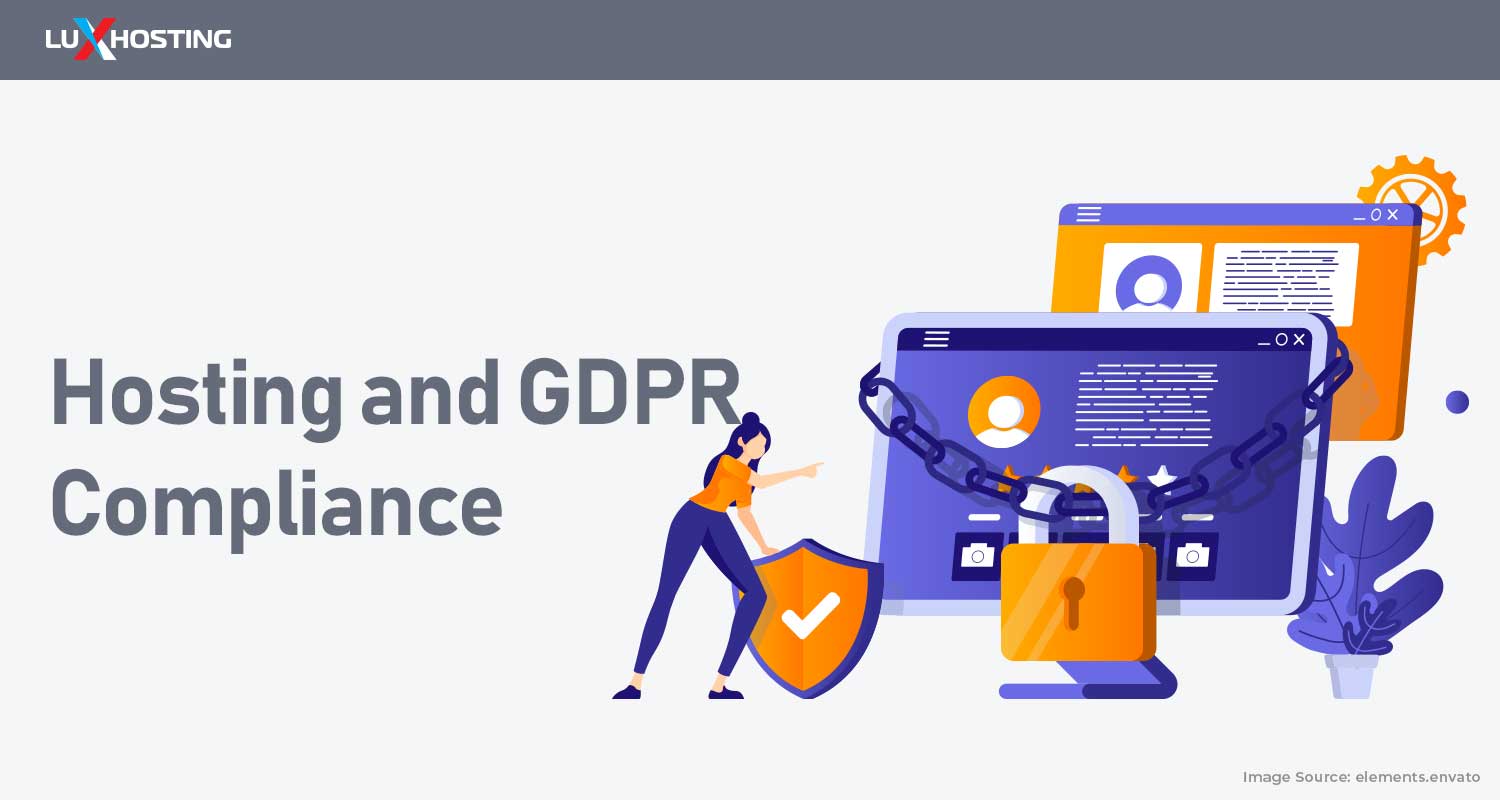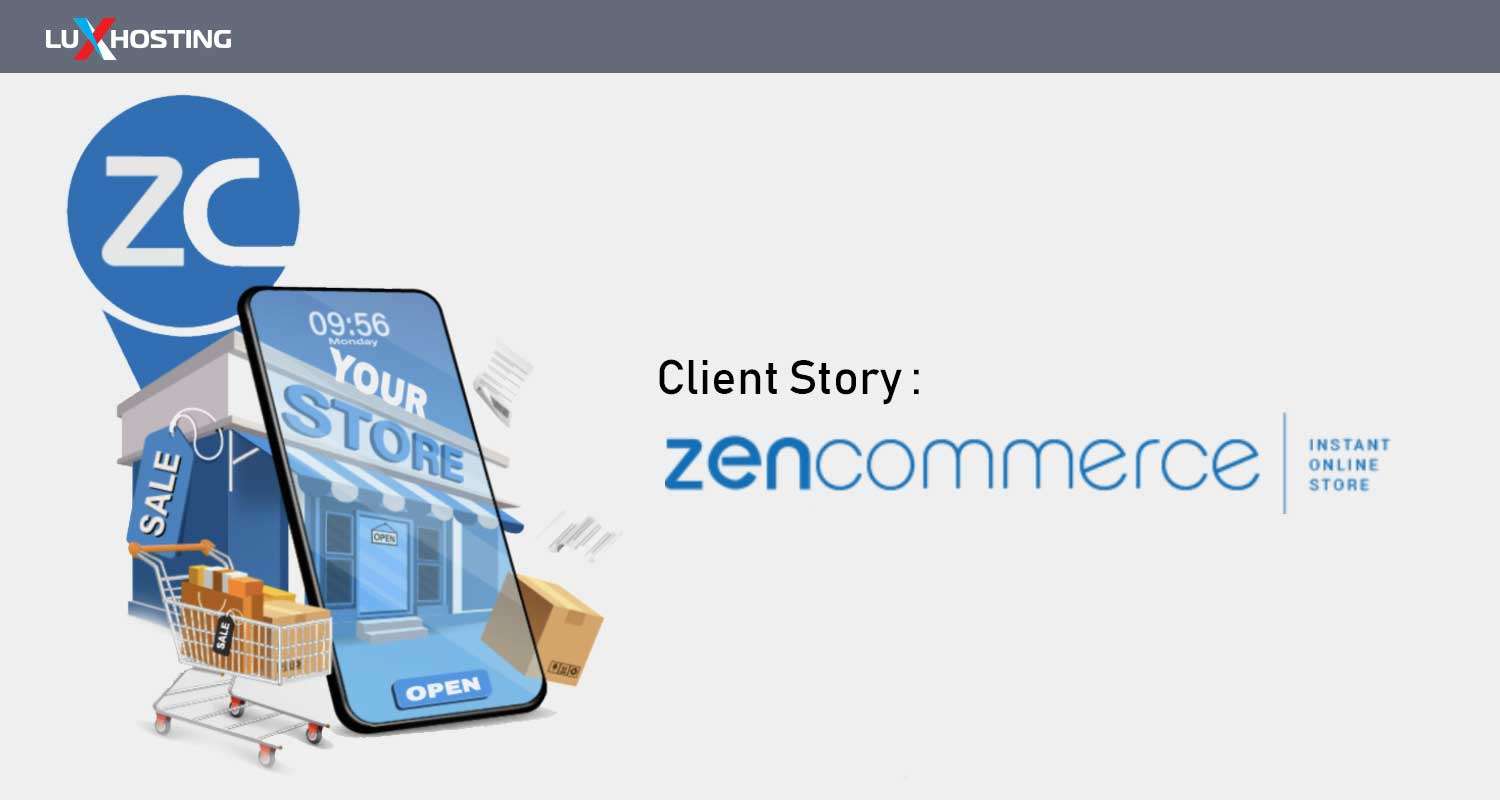Content management systems (CMS) make it possible for individuals and organisations to create, and manage high-quality websites without any web developing knowledge. They are responsible for helping to start numerous websites, businesses, careers, and projects. WordPress, Joomla and Drupal are the three most popular CMS and are therefore trusted and proven by many to efficiently facilitate the building and running of websites. All three allow you to build and manage websites so what makes them different? Each comes equipped with its own unique themes and extensions that are not compatible with the others. The layout and functionality of each is completely different from the others. The CMS you opt to go with depends on the goals you have for your specific website or project. Below is a breakdown and comparison of the top three CMS - WordPress, Joomla and Drupal.
What are Content Management Systems?
Years ago creating a website was not as simple as it is now. Back then, you would need to pay a web developer to create and manage one for you. It was time consuming, tedious and costly. Web developers would create single static pages that they’d link together in order to create a website. Every single page needed its own code, links, images and functionality. Should you need to change the logo, the developer would have to configure each individual page. Thankfully, those days are gone. Now with CMS and without any technical knowledge anyone can create a website and have it up and running the same day. This is possible as CMS divides websites into three basic parts that all perform independently:
1. Content
With CMS, the texts, videos, images, and other content files are not stored with the website’s layout and code. This makes it super easy to add content to several pages without changing your website’s core code. Simply drag the content from its location and drop it to where you want it placed on your website.
2. Code
The core code for your website runs separately from its content. Adding security patches and other functionality becomes easy and that does not affect your layout or content is now the new norm.
3. Layout
You can use themes to change the look and feel or your website. Because it works independently from the content and code, you can change the design of your website without tampering with its content or plugins. Because of this separation, a CMS allows you to design high-quality websites without any extensive technical knowledge.
Comparison of WordPress, Joomla and Drupal
WordPress
WordPress is a free, open source CMS. Its websites creation tools are based on PHP and MariaDB/MySQL. It is perfect for news sites and blogs. When compared to other CMS, WordPress is possibly the most user-friendly and facilitates powerful blogging. It works well for simple website designs but is still powerful for web developers or designers to use and efficiently build excellent websites for clients. WordPress is easy to use and shows changes in real-time.
Benefits of WordPress
- Its license is free.
- Easy configured with premium hosting plans.
- It comes with plugins that are already installed.
- SEO friendly & easily customisable.
- User-friendly and perfect for beginners.
- WordPress offers many themes and customisation options.
Drawbacks of WordPress
- It is highly dependent on plugins.
- Plugins, in general, are prone to hacking, viruses and software bugs.
Joomla! CMS
Joomla like WordPress is a free and open-source CMS used to publish web content. It works great for networking or e-commerce websites. In comparison to other CMS, Joomla requires at least basic technical skills. If you find WordPress lacking in features and Drupal a bit too complicated for your liking, Joomla is the perfect solution for you. Joomla is the middle ground between the simplicity of WordPress and advanced Drupal.
Benefits of Joomla
- Its license is free of cost.
- Adaptable and flexible platform.
- Simple to use.
- Not very technical.
- Comes equipped with thousands of themes and templates to choose from.
- It’s easy to migrate Joomla CMS development to any server.
Drawbacks of Joomla
- Not really free. While Joomla itself is free, it does not offer free hosting.
- Doesn’t offer full customisation.
- Impossible to crop, resize, move, scale, organize, or edit pictures in Joomla Media manager.
Drupal Content management system
Of the three CMS, Drupal is the hardest to use, but it is also the most powerful. Using it requires an understanding of PHP, HTML and CSS. Drupal is an SEO Friendly CMS, with Clean code and effective modules. With Drupal, you’ll have the ability to categorise, organise and tag complex content.
Benefits of Drupal
- Free to use with open source code.
- Facilitates building of complex sites in no time.
- It’s equipped with thousands of free Modules.
- It comes with both basic and advanced features.
- It has ready-made professional themes.
- Has great scalability.
- SEO Friendly.
Drawback of Drupal
- It’s not very user-friendly.
- It’s difficult to master Drupal because of its professional construction systems.
- It doesn’t offer a lot of high-quality designs in free access.
- Difficult to learn and requires some level of technical skills.
- Challenging to upgrade.
Which is the best CMS option?
WordPress, Joomla and Drupal all offer wonderful features and loads of customisation, are easy to use and have strong security. All three CMS we looked at are excellent choices. However, your unique needs will guide your selection. The Content Management System you choose to use in creating your website is dependent on your technical skills, budget, goals and the function the website will carry-out. WordPress may be the best choice for simple blogs or brochure-type website. Though it is user-friendly and easy for beginners and non-developers, WordPress platform is also flexible and capable of creating very complex sites. Drupal is great for persons looking for a highly customised site that requires scalability and complex content organisation. If you are looking for the perfect middle ground between the simplicity of WordPress and the complexity of Drupal then Joomla may be the answer. However, to be truly sure, you can download all three platforms since they are free and take them for a trial run. This will help you to make an even more informed decision on which CMS best complements your needs. f you have already chosen the CMS that is ideal for you and are looking for private hosting, VPS or business hosting, Luxhosting.com has a plan that will perfectly fit your need and budget.



